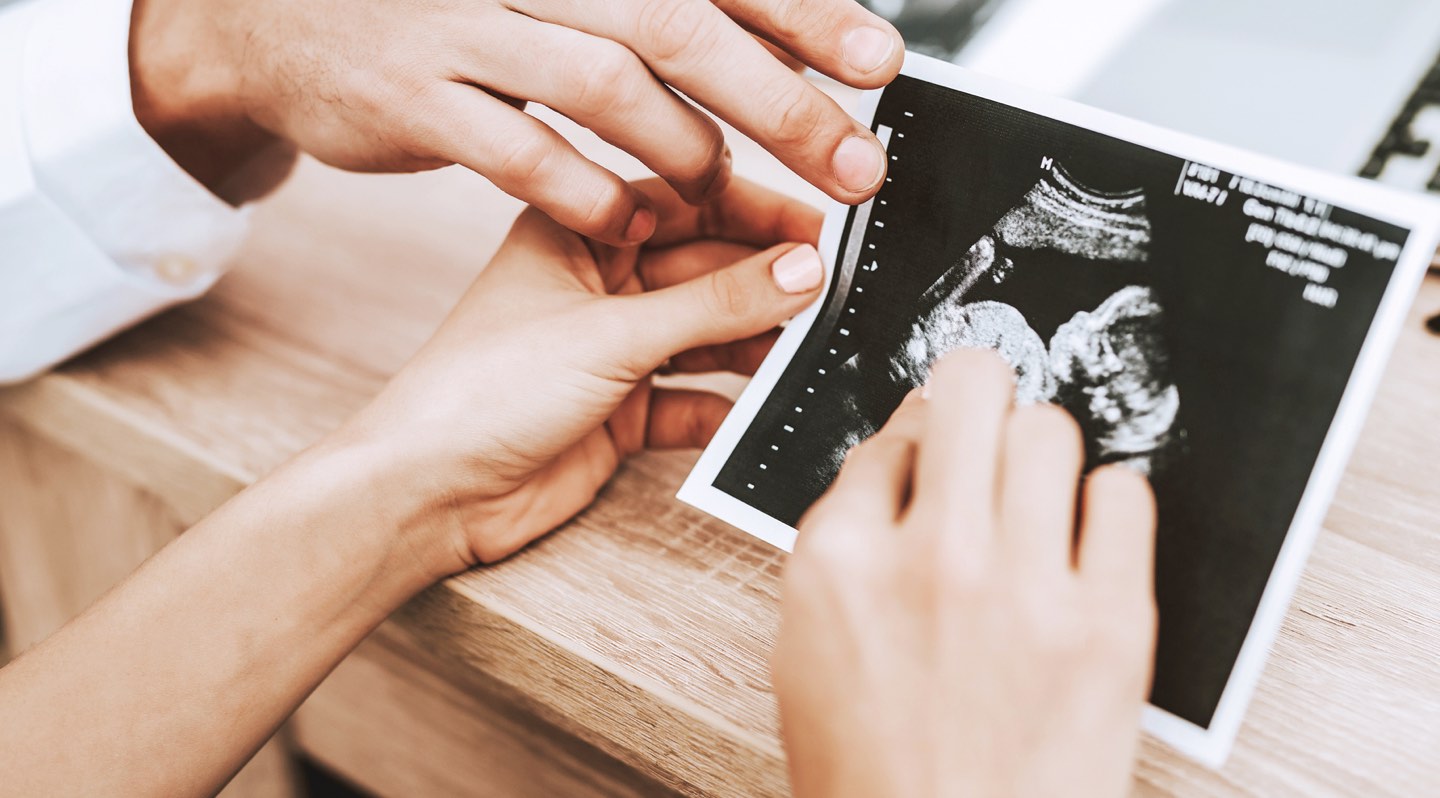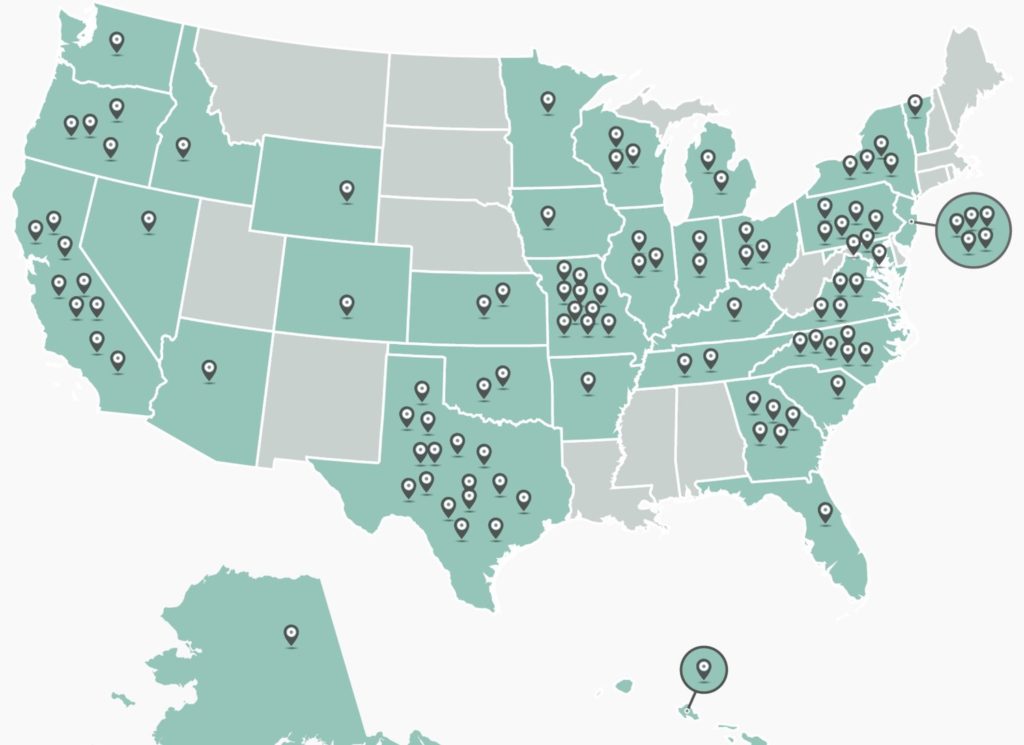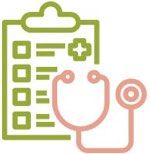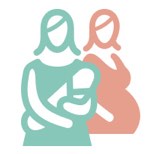
A Place for Support
Carrying To Term is an organization dedicated to providing non-directive information on pregnancy continuation for prenatal diagnoses of life-limiting conditions. We equip healthcare providers with knowledge and tools to communicate carrying to term as an option to their patients and empower women and families to make fully informed choices as they navigate this deeply personal journey.
Resources for Parents, Families, and Medical Professionals
Engaging the Medical Community
Providers across the country share our free educational materials in their medical centers and healthcare facilities. Our impact:
10,000
BROCHURES
130
CITIES
36
STATES

ARTICLES
Gifts and Keepsake Ideas for Grieving Parents
Many grieving parents find comfort when people they love honor their baby’s life. These unique gifts can help you show your enduring love and support.
How to Approach Gift Giving and Keepsakes for Grieving Parents
Selecting and delivering the right gift for grieving parents can be challenging. Here are several honest and practical tips from a mom who has experienced loss.
Read More > How to Approach Gift Giving and Keepsakes for Grieving Parents
How to Create Holiday Memories and Traditions
Listen to this article. The holiday season is a wonderful, joyful, and sentimental time for making new memories with the people you love. But when you’re grieving or facing the loss of a baby, you may feel you do not deserve to experience joy, happiness, laughter, and the beauty around you. You may feel emotionally…



